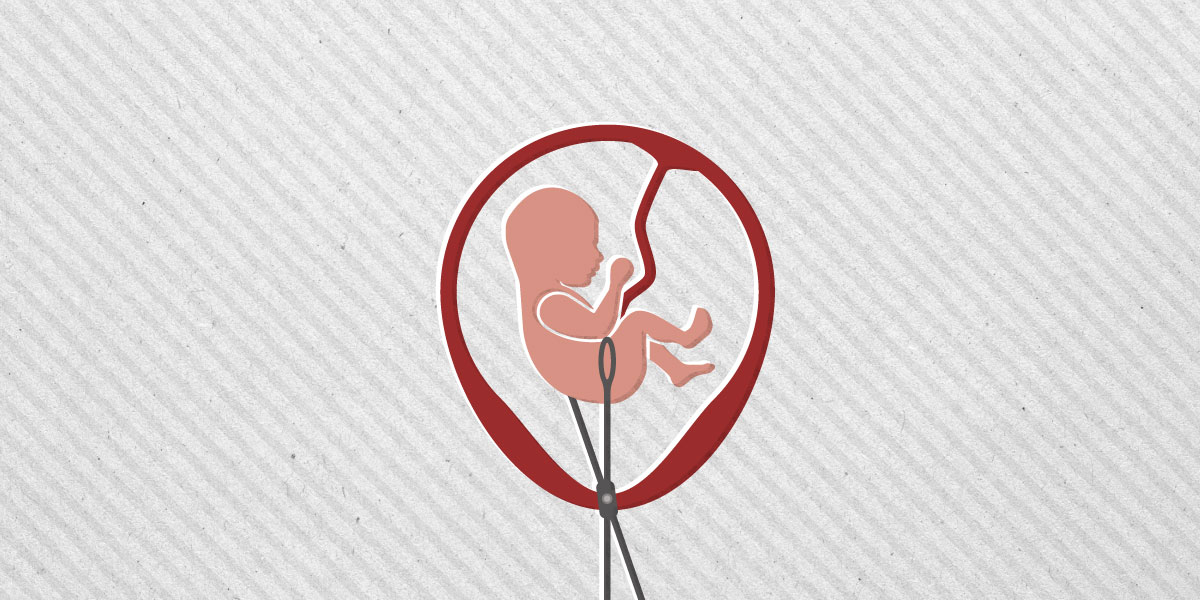
BY VANESSA GONYE
LOCAL civic society groups have reiterated calls for safe abortion practices as the global rate of abortion rises.
This came up at a media training workshop on abortion, where members of Right Here Right Now, a consortium of human rights civic society organisations (CSOs), called for alignment of laws to push for legislation that aims at pushing for safe abortion practices among other reproductive health issues.
“Nearly all abortions in the country are clandestine; approximately 40% of these abortions result in complications but only half receive treatment for these complications while of the 265 000 unintended pregnancies (based on a 2016 study), 25% were aborted,” a report by the Women’s Action Group (WAG) read.
“Although the country has one of the lowest abortion rates in Sub-Saharan Africa (17,3 per 1 000 women aged between 15-49 years), but nearly all of these abortions are clandestine.”
Recent calls have been made to fight off the root cause of unsafe abortions and unintended pregnancies, with an outcry over the age of consent regarding access to sexual reproductive health facilities by a number of CSOs.
Controversy surrounding the legal age of consent and access to sexual reproductive health services has perpetually hogged the limelight, with varied viewpoints on the issue coming to the fore.
Speaking at a workshop in Harare recently, Coalition to Build Momentum, Power, Activism, Strategy and Solidarity project co-ordinator Diana Mailosi said pregnancies and new HIV infections among adolescents were being encountered as a result of age restrictions on access to public health facilities.
- Chamisa under fire over US$120K donation
- Mavhunga puts DeMbare into Chibuku quarterfinals
- Pension funds bet on Cabora Bassa oilfields
- Councils defy govt fire tender directive
Keep Reading
“When we look at access to health services for young people, they are sometimes affected by the fact that they are considered underage to be able to access some of the services that they need. We have seen a lot of unplanned pregnancies among girls and they end up dropping out of school and these things can be avoided if people are able to walk into a health facility to get information and commodities they need in order to protect themselves,” Mailosi said then.
Stakeholders called for improved access to birth control methods as this would bring down the rate of unplanned pregnancies and abortions, hence the need to align laws regarding age of consent.
The report by WAG called upon relevant authorities to “stock up post-abortion care essential medicines especially in central hospitals, with an expansion on misoprostol availability as well as training for lower level facilities.”
Twenty-five million unsafe abortions (45% of all abortions) occurred every year between 2010 and 2014, according to a study by the World Health Organisation and the Guttmacher Institute, with 34 per 1 000 women in Africa undergoing abortion over the same period in Africa.











